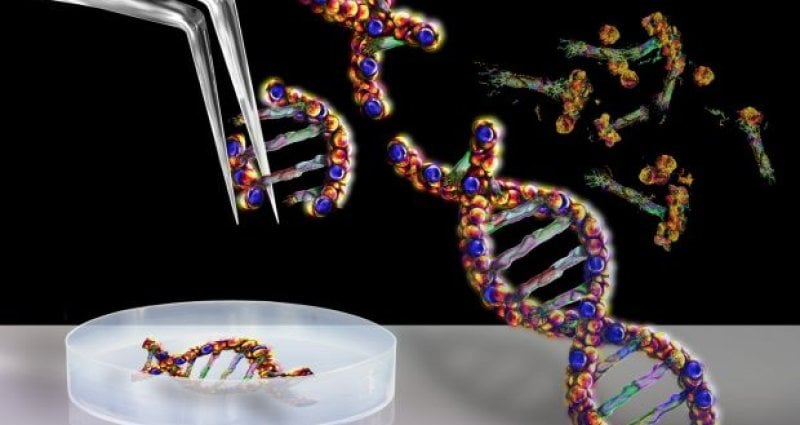What are some interesting facts about genetic engineering, and why it is important?
…
- Genetically engineered things are actually all around us
Genetic engineering techniques are used widely today for research, agriculture, industrial biotechnology, and medicine. For example, genetically modified enzymes used in laundry detergent or medicine like insulin and human growth hormone can now be readily created in GMO cells.
…
- Genetic modification is something of an ethical dilemma
While the practical benefits of genetic engineering are readily demonstratable, there are some ethical and ecological concerns around them. For example, genetic modification of human embryos is, rightfully, considered unethical.
…
- Genetic engineering can be used on any kind of organism
As we have seen, a wide swathe of organisms can be altered using genetic engineering. This can range from anything from a lowly virus to an entire sheep.
- Genetically modified animals are helping with some very serious human diseases and disorders
As we have already touched on, genetic engineering is being used to treat some very serious human diseases and disorders like diabetes with insulin. But it is also being put to work providing therapeutic solutions for other serious health issues like Alzheimer’s and cystic fibrosis.































